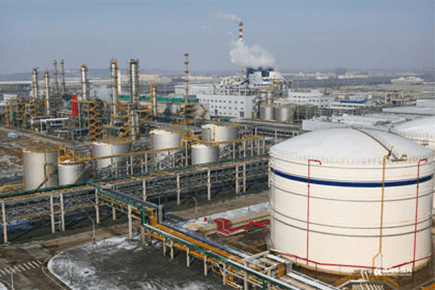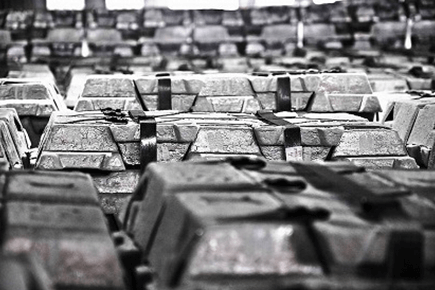
What is Catalyst Resin?
The full name of the catalytic resin is an ion exchange resin type catalyst. The H-type cation exchange resin can be used as an acid catalyst, and the anion exchange resin can provide a hydroxide, so it can be used as a basic catalyst. Currently, acidic solid catalysts have developed rapidly.
The resin catalyst acts as a solid acid or a base catalyst in the same manner as a conventional acid or base catalyst such as sulfuric acid, hydrochloric acid or sodium hydroxide (potassium) in a homogeneous solution. It can be used to catalyze condensation reaction, addition reaction, elimination reaction, and molecular rearrangement.
The catalytic reaction of the ion exchange resin is small in pollution, simple in equipment, mild in reaction conditions, and the process of separation and purification after the reaction is simplified, and the catalyst used can be recovered by a simple method.
The current mature resin catalytic technologies are:
1. MTBE synthesis complete technology.
2. Light gasoline etherification complete technology. 3. Complete technology for the synthesis of sec-butyl acetate.
4. The complete technology of butyl hydrate to produce sec-butanol and further synthesis of methyl ethyl ketone.
5. Complete technology of propylene hydration to isopropyl alcohol.
6. Synthetic MIBK complete technology with acetone as raw material.














